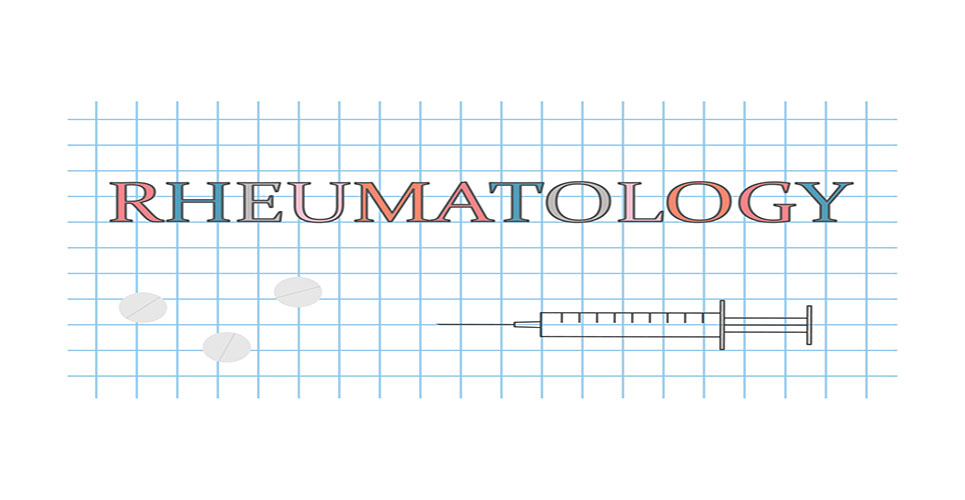teaser
UCB today announced new published data, in the online edition of Arthritis Research & Therapy, demonstrated that Cimzia, the only approved PEGylated anti-TNF, plus methotrexate (MTX) provided rapid and sustained improvements in physical function, health related quality of life (HRQoL) as measured by short form 36 (SF-36), as well as reduced fatigue and arthritis pain.
These improvements in patient-reported outcomes were statistically significant and clinically meaningful from the first post-baseline assessments through to the end of the study period at 1 year.
“The management of rheumatoid arthritis is an important partnership between patients and clinicians, and patient-reported outcomes make an essential contribution towards assessing a treatment’s overall effectiveness,” said Dr Vibeke Strand, Adjunct Clinical Professor, Division of Immunology/Rheumatology of Stanford University School of Medicine, and lead author.
“These new results demonstrate that the benefits of certolizumab pegol extend beyond those of clinical efficacy already demonstrated in RAPID 1 into areas that are more relevant and meaningful to patients on a daily basis.”
Following treatment with Cimzia plus MTX, patients reported improvements, as measured by SF-36, in HRQoL at week 12 with significant improvements in both the physical and mental component scores of HRQoL (as assessed by SF-36). More specifically, energy (vitality) and emotional state (mental health) domain scores approached age and gender adjusted norms of the U.S population, and a significant improvement in SF-36 mental component summary (MCS) scores was observed with Cimzia plus MTX in this trial. Improvements in the SF-36 physical and mental component summaries and in all eight domains were statistically significant from first post-baseline measurement and sustained to week 52.
Statistically significant and clinically meaningful reductions in fatigue were reported by more patients treated with Cimzia plus MTX than placebo plus MTX throughout the study.
At week 1, mean changes from baseline in fatigue assessment scale (FAS) were -1.3 and -1.2 for the Cimzia 200mg and 400mg plus MTX compared with -0.5 for the placebo plus MTX group and by the end of the study (week 52), mean changes from baseline were -2.6, -2.5 and -0.8, respectively.
At week 52, 48.9% and 48.6% of Cimzia 200mg and 400mg-treated patients reported clinically significant reductions in fatigue compared with only 12.6% of placebo-treated patients.
Statistically significant improvements in physical function as assessed by HAQ-DI were also reported by Cimzia treated patients.
By the end of study at week 52, mean scores were 1.1 for both treatment groups, compared with baseline scores of 1.7. Significantly more Cimzia plus MTX-treated patients than placebo plus MTX-treated patients reported clinically meaningful HAQ-DI improvements throughout the trial.
Cimzia treated patients also reported significant improvements from baseline in pain (as measured by the visual analogue scale) and global assessment of disease activity evident at week 1 and sustained through week 52.
Significantly more Cimzia plus MTX-treated patients than placebo plus MTX-treated patients reported clinically meaningful reductions in pain and improvements in global assessment of disease activity throughout the trial.

